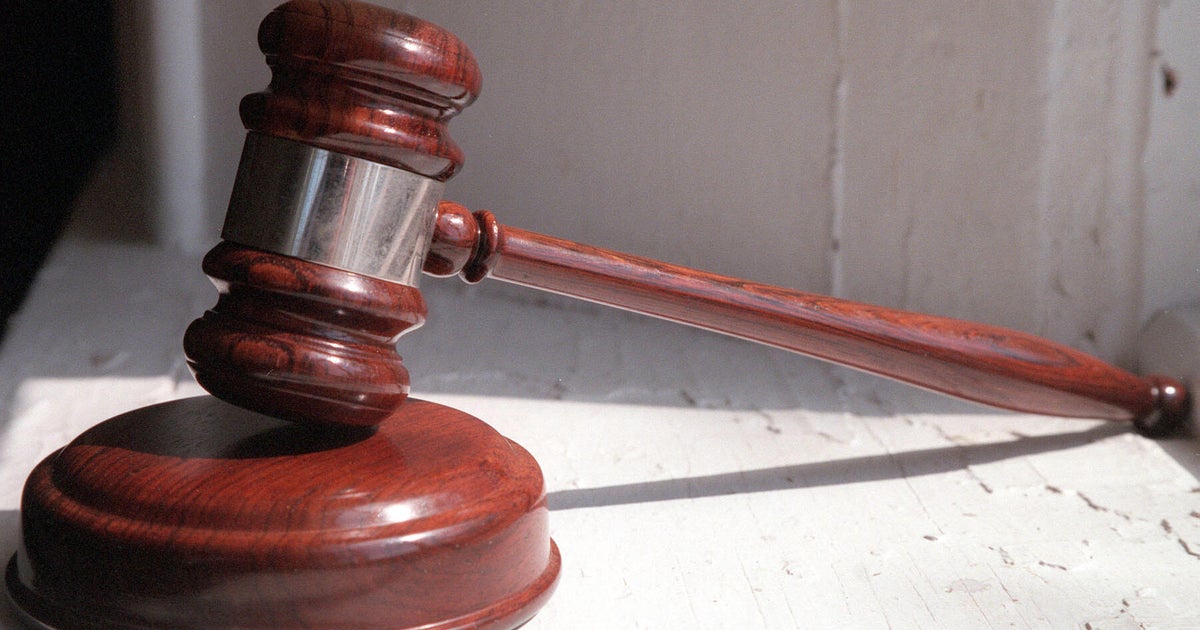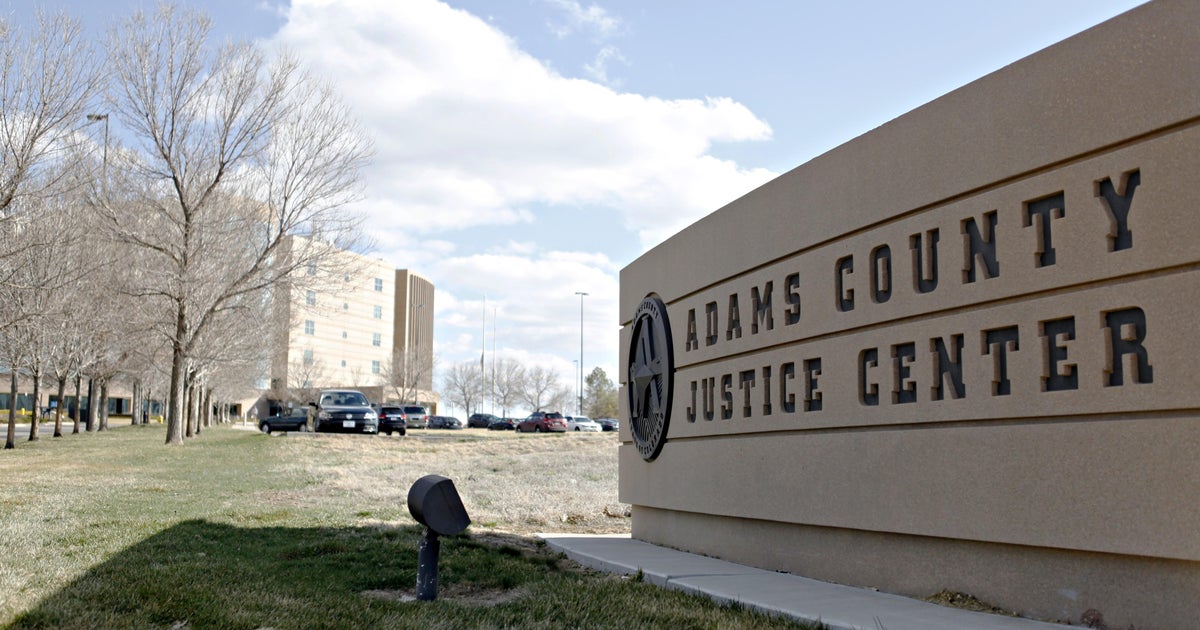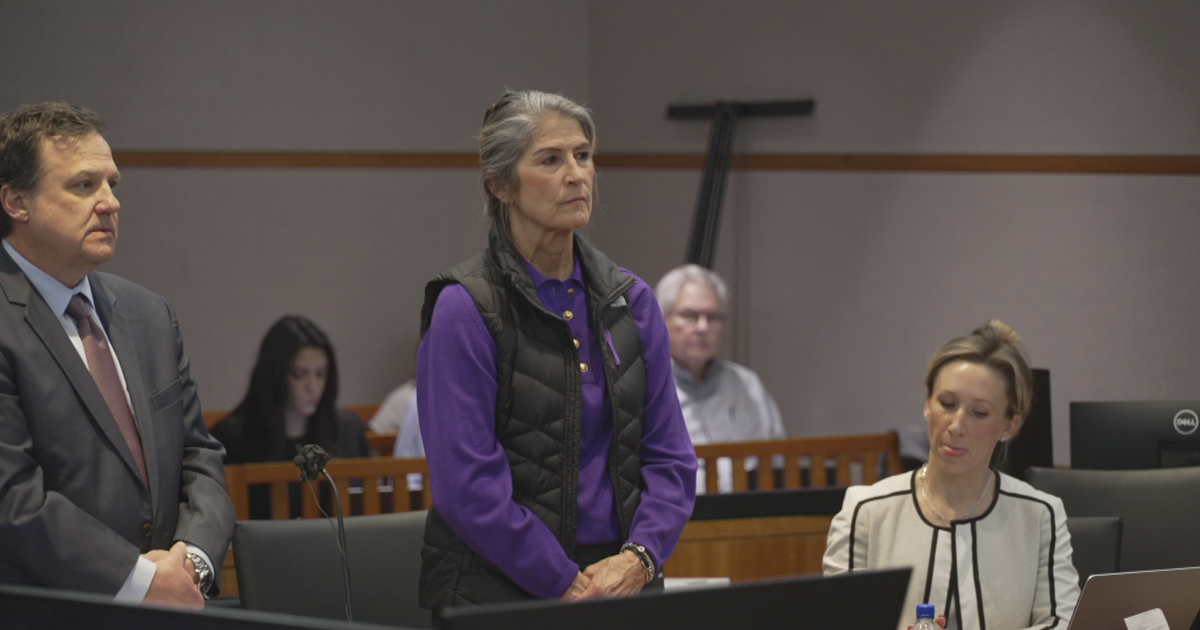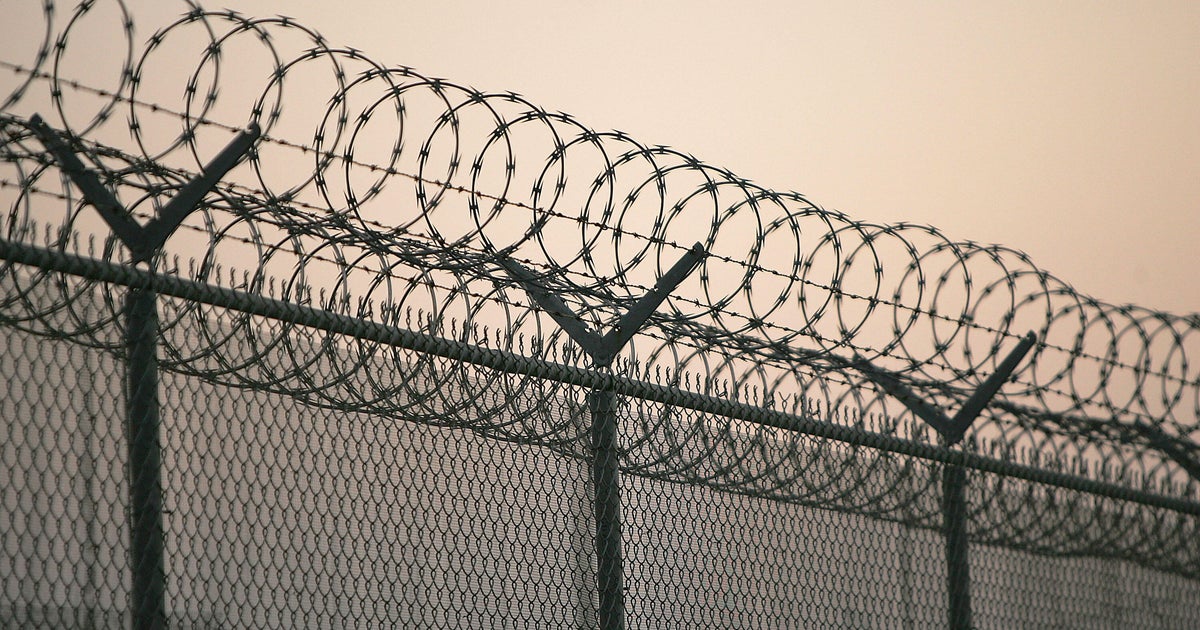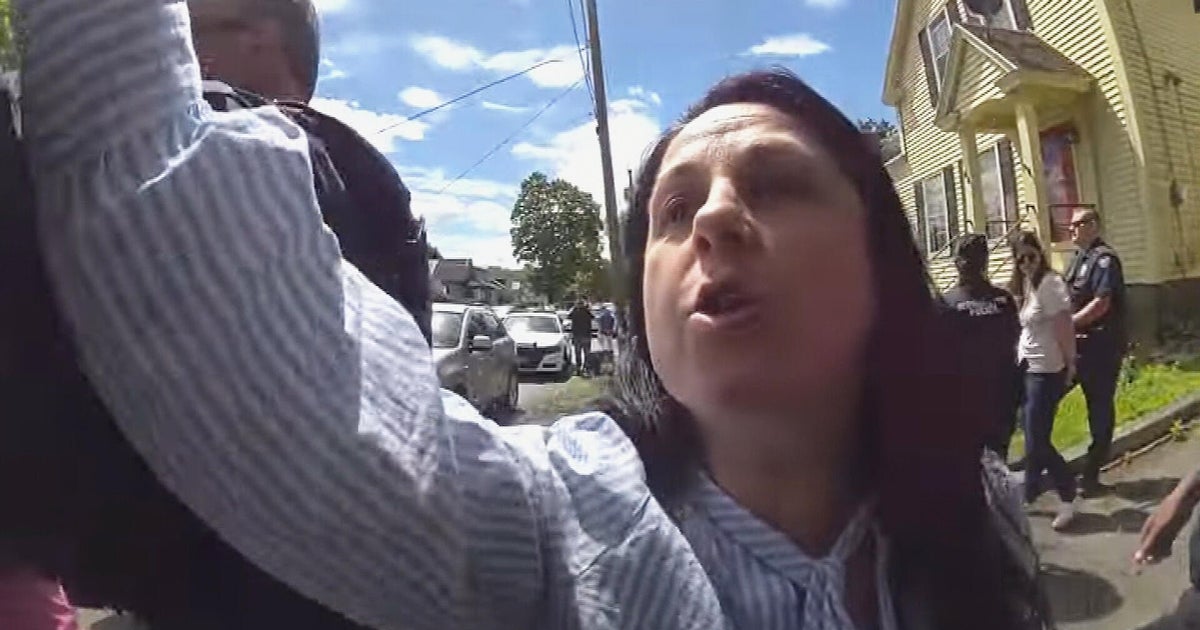Denver Native Talks About Getting Tangled In The War On Terror
SEATTLE, Wash (CBS4) - July 22, 2002 was the day that the War on Terror came to Colorado. That was the day that Denver native James Ujaama was arrested.
Ujaama was originally taken into custody as a material witness in a terrorism related case. He was later indicted on charges of aiding Al-Qaeda. Eventually the government admitted it had found no information that his activities were intended to support Al-Qaeda, but charged him with aiding the Taliban instead.
Ujaama was convicted and served his sentence. Now he's released from prison and talked to CBS4 investigator Rick Sallinger exclusively. He said that he was wrongly swept up in the War on Terror.
"John Ashcroft (then U.S. Attorney General) made me one of his tokens. He showcased me to the world," Ujaama said.
"Do you believe you were a terrorist?" Sallinger asked.
"Absolutely not, unequivocally," Ujaama replied. "My activities in Afghanistan were for charity, that's not the act of a terrorist."
He pointed out he was convicted of providing material aid to the Taliban, not any acts of terrorism.
Shortly after his arrest, videos on the Internet showed Ujaama in London with the radical cleric, Abu Hamza al-Masri at the Finsbury Mosque. That is the same mosque attended by shoe bomber, Richard Reid, and the suspected 9/11 would-be hijacker, Zacarias Moussaoui.
Ujaama is also seen on tape stating, "Sheikh Osama Bin Laden was framed and forced into isolation, having to leave his own land, his family, then used as a scapegoat to arrest many Muslims."
Ujaama pleaded guilty to delivering computer support to the Afghan Taliban. He served two years. After his release he fled to Belize using a fake Mexican passport. Ujaama was arrested in Belize, then indicted in New York. He pleaded guilty to charges of attempting to set up a jihad training camp in Bly, Oregon for al-Masri.
In the months before his arrest, Ujaama had begun distancing himself from the cleric al-Masri, known for his one eye and the hook replacing his hand, which he claimed he lost in an explosives incident.
"I think he's a loudmouth, I think he's irresponsible," Ujaama told Sallinger.
After six years in prison he agreed to testify against al-Masri in return for release from prison. He was eventually praised for his help by prosecutors, including John McKay, the former U.S. Attorney in Seattle.
"The cooperation of Mr. Ujaama was very important. We think it gives him the opportunity to provide for the safety of this nation and other nations as we continue to fight the War on Terror," McKay said.
Al-Masri was convicted and sentenced to life in a U.S. federal prison. But instead of praise for his actions, these days James Ujaama is finding resentment.
"What you read on the Internet was, 'Oh, he was a terrorist. He was a terrorist.' So many times you will see my name mentioned in line with being a terrorist," he told Sallinger.
He claimed his activities in Afghanistan were far tamer than what the indictment indicated. He said he left the United States in part due to racism.
"I felt at that time the best thing to do for any young black male was to get out of the country."
He said he wanted to live in Afghanistan whose governmental control was then under the Taliban.
"Come on, I was involved in building girls' schools," Ujaama said. "Name one act of violence I was involved in."
He acknowledged bringing money to an explosives maker, but for that person's daughter's illness. And he admitted going to a camp during one of his two visits.
"I did not attend a terrorist training camp. I attended what most people would call a Boy Scout camp. It was a Jihad training camp, yes." he explained.
"Do you have any apologies?" Sallinger asked.
"I do. I wish I hadn't said what I said about Christians and Jews," Ujaama replied.
He's was referring to a statement he made in a tape with al-Masri in which he said,"There are many Muslims who have forgotten that the Jews and the Christians are our enemies, and they are fighting us."
But such words continue to haunt him. Ujaama now lives in Seattle, where he is having trouble finding a job and housing.
"As soon as they do the criminal background check and terrorism comes up, as soon as you have that ... nobody wants to deal with you," Ujaama said.
It would be easy for him to leave America, but Ujaama has chosen to stay, getting his undergraduate degree at the University of Washington, a masters degree and now working on a doctorate in criminal justice.
"I'm here because I want to finish my PhD, I want to become a strong voice," he said.
Ujaama is also trying to use his knowledge of the criminal justice system to assist his brother, Mustafa. Mustafa Ujaama was sentenced to life in prison in Colorado for the murder of a man who came into his house. James said that his brother's case was wrongly connected to his own. He sited an attorney referring to his brother as "Mustafa Bin Laden," mentioning James' name nearly two dozen times during the trial, and the word terrorism even though the case had nothing to do with that. James Ujaama maintains that his brother's case should have been about self-defense.
James Ujaama now looks at the rise of ISIS and he understands the lure for young people.
"I understand you want a place of your own. I have been there ... where I didn't want to have anything to do with this country because I am a minority. What I would say to those who were thinking about going off somewhere, 'There is a lot of work to do here. America can be a great country.'"
Ujaama still takes strong issue with American foreign policy. In particular he denounced the killing of Anwar al-Awlaki by the U.S. government. Al-Awlaki was a leader of Al Qaeda in the Arabian peninsula. He attended Colorado State University and had been an official at a Denver mosque in earlier years.
"I can't say that he was innocent, but we never gave him a right to a trial," Ujaama told CBS4.
Ujaama is now working on a book about his case and his testimony involving Abu Hamza al-Masri. He intends it to be a learning tool in the studies of criminal justice and terrorism laws.
CBS4's Rick Sallinger is a Peabody award winning reporter who has been with the station more than two decades doing hard news and investigative reporting. Follow him on Twitter @ricksallinger.
